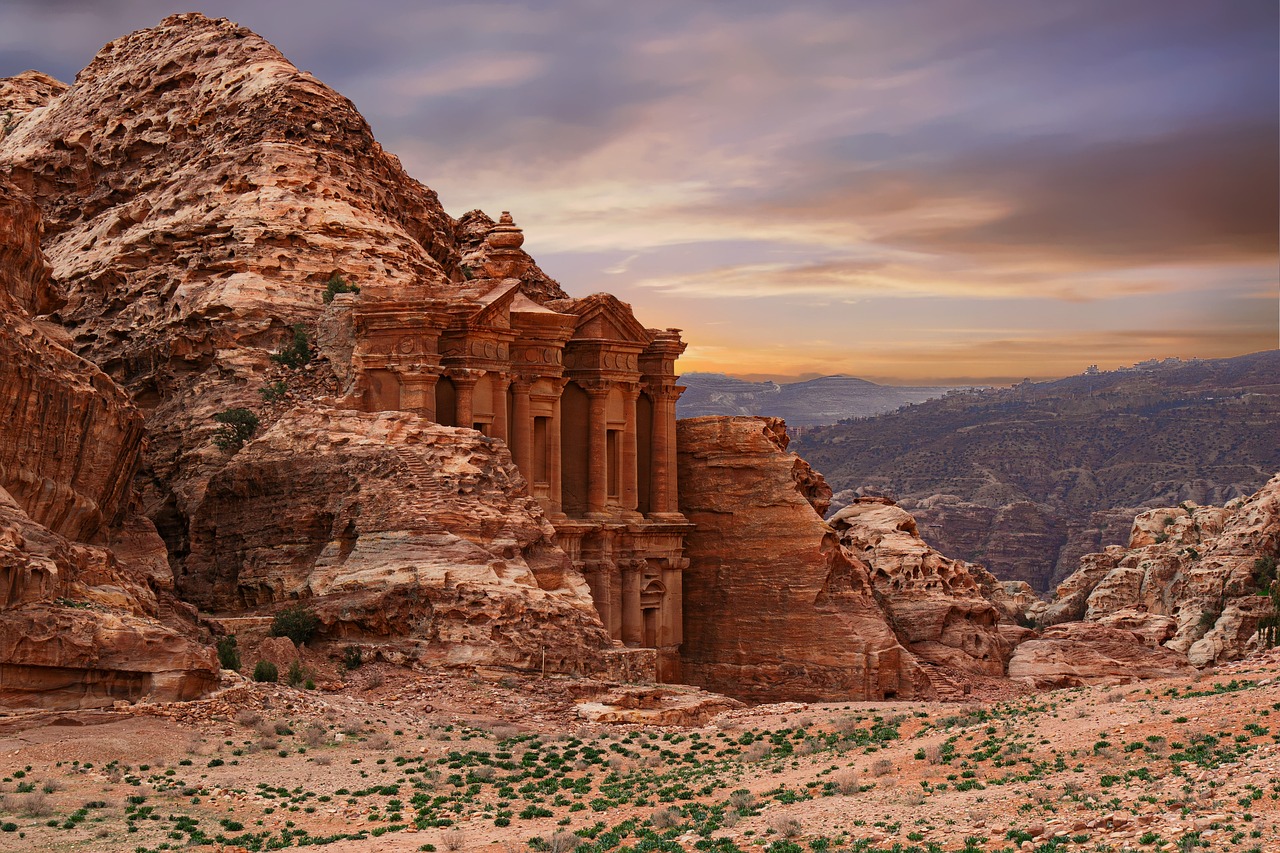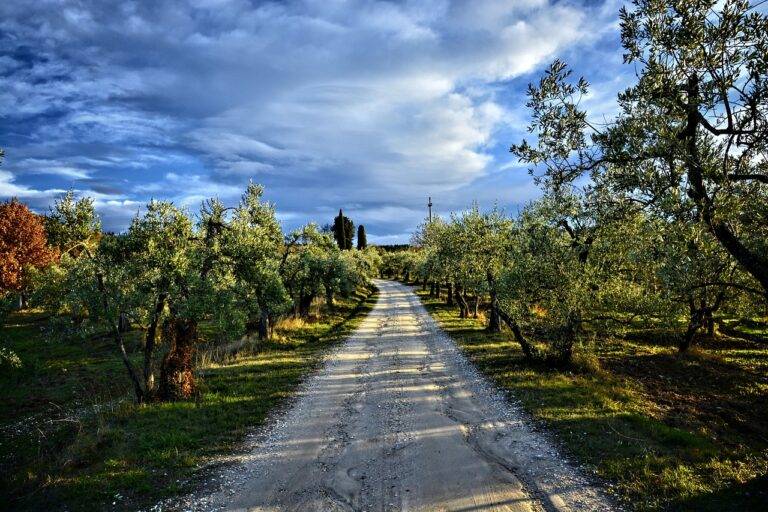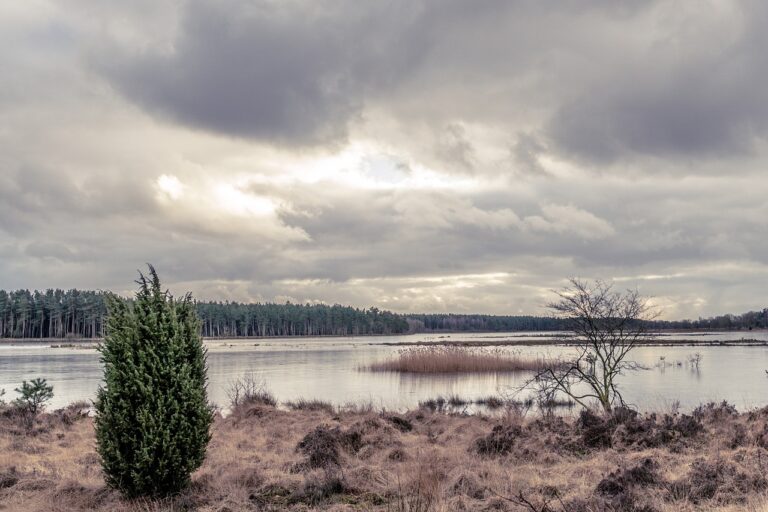Indigenous Cultural Experiences: Learning from Native Peoples Around the World
North America is home to a diverse range of Indigenous cultures, each with its unique traditions and practices. From the rich storytelling of the Navajo tribe to the intricate basket weaving of the Tlingit people, the Indigenous communities in North America offer a glimpse into a world with deep-rooted connections to the land and their ancestors.
Traditional ceremonies and rituals play a significant role in the daily lives of many Indigenous peoples in North America. Powwows, sweat lodges, and potlatches are just a few examples of the sacred traditions that have been passed down through generations, serving as a way to honor the past and strengthen community bonds. Through these cultural experiences, Indigenous peoples continue to preserve their heritage and share their rich histories with the world.
Indigenous Cultural Experiences in South America
The indigenous cultures of South America boast a rich tapestry of traditions, customs, and beliefs that have been passed down through generations. From the Andean regions of Peru to the Amazon rainforest in Brazil, each community possesses its unique way of life deeply rooted in harmony with nature. Rituals and ceremonies play a vital role in these cultures, often serving as a way to honor the land, ancestors, and spirits that guide their daily lives.
Artisan crafts also hold a significant place in indigenous cultures in South America, serving as a means of preserving traditions and expressing cultural identity. Intricate weavings, colorful textiles, and pottery are just a few examples of the stunning craftsmanship that reflects the deep connection these communities have with their heritage. Through these traditional arts, stories, myths, and histories are woven into each piece, creating a tangible link between the past and the present for indigenous peoples in South America.
Indigenous Cultural Experiences in Africa
Africa is rich in diverse indigenous cultures, each with its distinct traditions, beliefs, and practices. From the Maasai of East Africa to the Himba of Southern Africa, indigenous communities on the continent have preserved their unique identities amidst modernization and globalization. These cultures often revolve around a deep connection to the land, rituals celebrating nature, and intricate art forms that reflect their histories and spiritual beliefs.
In many African indigenous cultures, storytelling plays a central role in passing down knowledge, values, and traditions from one generation to the next. Whether through oral histories, music, dance, or visual arts, these narratives serve as a roadmap for understanding the world, fostering community cohesion, and preserving cultural heritage. Through festivals, ceremonies, and everyday practices, indigenous Africans continue to uphold their customs and honor their ancestors, embodying resilience and resistance in the face of social, economic, and environmental challenges.
What are some examples of indigenous cultural experiences in North America?
Some examples of indigenous cultural experiences in North America include visiting Native American reservations, attending powwows, participating in traditional ceremonies, and exploring ancient archeological sites.
What are some examples of indigenous cultural experiences in South America?
Some examples of indigenous cultural experiences in South America include visiting indigenous communities in the Amazon rainforest, learning about traditional farming practices, participating in spiritual rituals, and sampling indigenous cuisine.
What are some examples of indigenous cultural experiences in Africa?
Some examples of indigenous cultural experiences in Africa include visiting Maasai villages in Kenya, exploring rock art sites in South Africa, learning about traditional healing practices, and attending cultural festivals such as the Gerewol festival in Niger.
How can I respectfully engage with indigenous cultures during my travels?
To respectfully engage with indigenous cultures during your travels, it is important to seek permission before entering indigenous lands, respect cultural traditions and customs, support local artisans by purchasing handmade crafts, and educate yourself about the history and struggles of indigenous communities.





